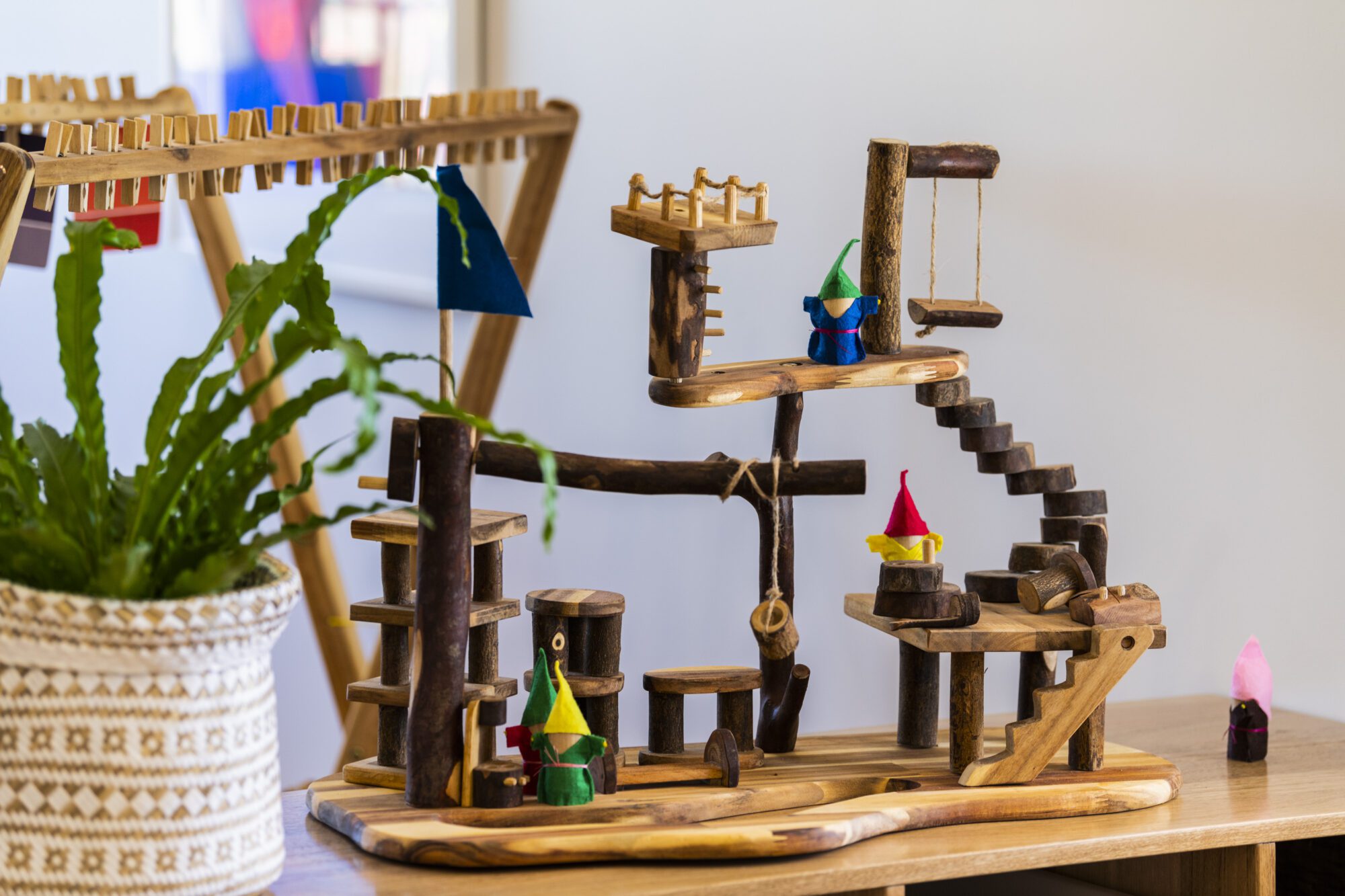Within our ever-evolving society, the terminology used about and the understanding of the Early Childhood Education and Care sector has remained outdated. Despite the advocation of our sector and associated organisations, our Early Childhood Professionals are still labelled as ‘babysitters’, ‘carers’ and ‘workers’.
A career in Early Childhood Education and Care looks different for each and every education professional. Our Wonderschool team members each have different experiences and backgrounds that shape their professional identities and inform the vital work we do with children. Years of study, dedication, time, money, and commitment are required for a career in Early Childhood Education and Care.
Certificate III and Diplomas
Many early childhood educators begin their careers as trainees, required to complete a traineeship at an Early Learning Centre (ELC) or study externally with a Registered Training Organisation and complete an ELC placement. For an educator to complete their Certificate III in Early Childhood Education and Care, they will need to be marked competent in 17 units of competency and complete 160 hours of placement. If an educator wishes to complete a Diploma, they are required to complete 15 units of competency and 280 hours of placements within a centre.
Bachelor of Education
Early Childhood Teachers (ECT’s) are required to attend university to complete a four-year degree to graduate with a Bachelor of Education (titles vary depending on the university). Often an education degree will require a minimum of 9 weeks of practical placement and approximately 16 subjects to receive a pass grade or higher. Early Childhood Teachers study for the same amount of time as Primary and Secondary School Teachers, who also receive a Bachelor of Education in their chosen field of study. Early Childhood Teachers use their university knowledge and skills to develop programs and curriculums that build children’s existing and emerging knowledge.
Team Leaders
Based on an educator’s qualifications and experience, they will be appointed to a position they are suited for. For example, Team Leaders are educators who hold a Diploma in Early Childhood Education and Care or are an Early Childhood Teacher. However, on occasion there may be an educator who holds their Certificate III, is studying towards their Diploma and has demonstrated their capability and capacity to be an effective Team Leader. In these instances, the Team Leader is supported within that role.
At Wonderschool, our Team Leaders have strong knowledge and understanding of the National Quality Framework, including the Education and Care Services National Law and National Regulations, and have the skills to lead a team. All Team Leaders at Wonderschool display strong abilities to communicate, reflect, challenge discourses and build strong relationships.
Centre Director
Responsible for the overall operation of an ELC, Centre Directors (also known as Nominated Supervisors), are accountable for the legal and financial operations. They are also responsible for ensuring the National Quality Framework is implemented and embedded within the centre. This includes the enrolment process of new children and families, the performance reviews of team members, and everything in between.
Centre Directors embed practices and expectations throughout the centre to ensure the Wonderschool team is capable and competent.
The requirements to and the responsibility of providing education and care for children are immense. At Wonderschool we recognise that this is not a duty that is taken on lightly, and that many years of training and learning are undertaken to develop the necessary skills and knowledge. Explore the Wonder Life bog or connect with us on Facebook or Instagram for more helpful tips and to learn about what makes Wonderschool wonderful.
